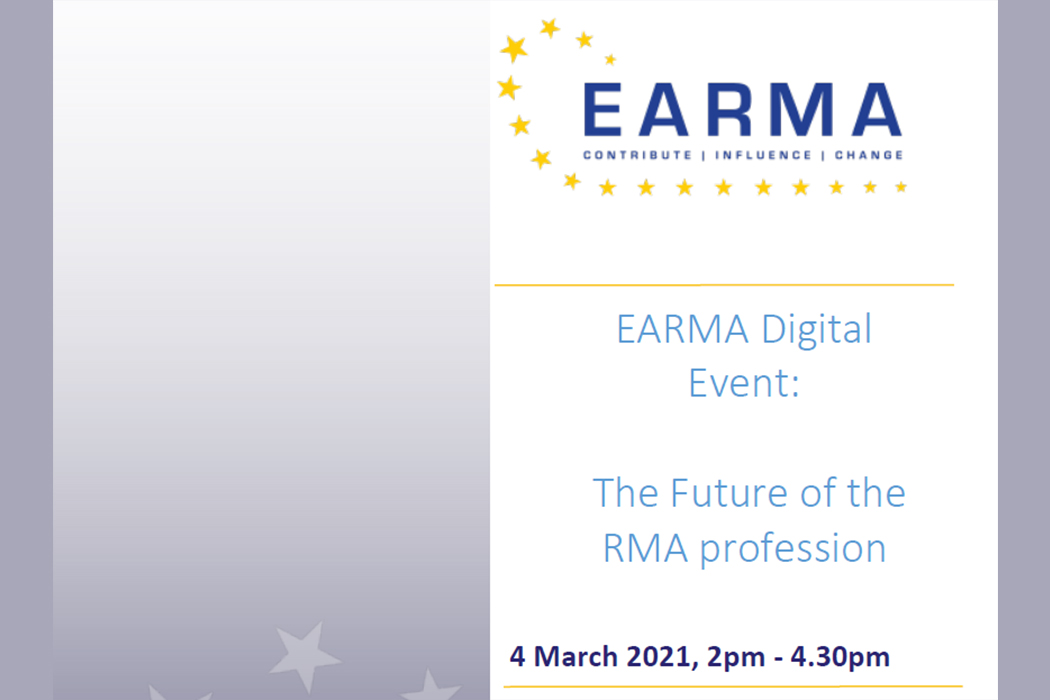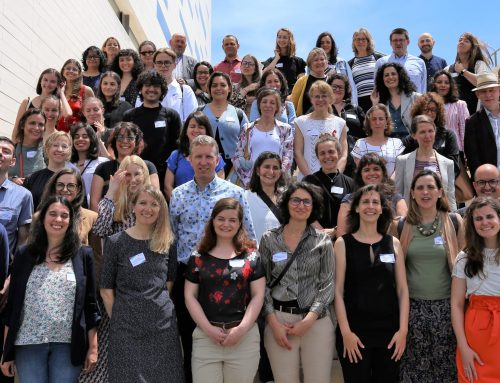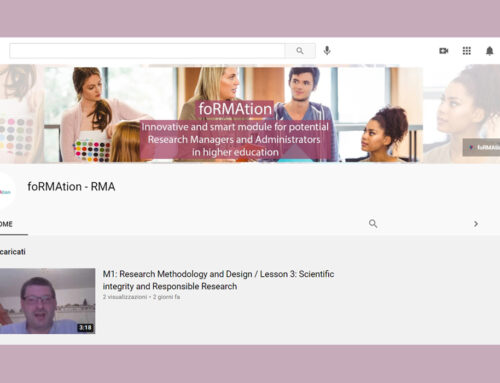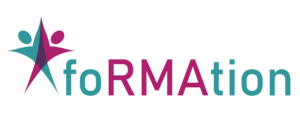 The most recent EARMA digital workshop, where foRMAtion and the importance of RMA training and educational programmes was highlighted, was held online on 4 March 2021 entitled the ’Future of the RMA Profession’.
The most recent EARMA digital workshop, where foRMAtion and the importance of RMA training and educational programmes was highlighted, was held online on 4 March 2021 entitled the ’Future of the RMA Profession’.
The workshop consisted of two parts: first, the discussion took place among representatives of institutional leadership, researchers and RMAs on the importance of the profession. Second, the focus was put on the training opportunities available for RMAs throughout Europe and worldwide and their relevance.
In the first part, invited speakers agreed that RMAs possess important knowledge and skills which cannot be ignored during the preparation or the management of externally funded research and innovation projects. However, still up to now, the profession is hardly recognized in many countries and the crucial role of people working in the profession is not fully exploited. Therefore, as it was suggested by Dr Panagiotis Kavouras, Senior Researcher from the National Technical University of Athens, Greece, RMAs should demonstrate the societal relevance of the profession and related trainings for stakeholders.
Speakers also agreed that the diverse background of RMAs in a Research Performing Organization can provide beneficial and innovative service offer. The extent to which specialization is needed strongly depends on the institution and the position of the RMA.
In the second session, Valentina Romano, Research Manager and Head of Collaborative Projects Office from Politecnico di Torino, Italy, presented the findings of the mapping of RMA trainings at international level and the outcomes of the survey carried out among Italian RMAs. Then Agatha Keller, Co-head of the Joint Counselling Centre of the University of Zurich and ETH Zurich, Switzerland presented their outstanding institutional practice with regard to the training and professional development of RMAs.
Before the discussion, Virág Zsár, Coordinator of the project foRMAtion from HETFA, presented the main lessons of the research focusing on the possibilities and relevance of RMA training and educational programme. Achievements of foRMAtion as a pilot addressing the lack of educational programmes for future RMAs were briefly summarized.
Speakers agreed that it is important to develop training or educational programmes for RMAs since it can contribute to professional recognition, career development and setting the requirements towards the professions. However, it takes time to get these trainings acknowledged by institutional leaders or supervisors unless they are aware of their added-value.
foRMAtion will be presented more in detail at the Annual EARMA Conference being organized this year in fully online version this April. The 15-minute presentation, followed by a breakout discussion, will be part of a session on 19 April 1:00 PM – 2:00 PM (CEST). Join us and register at the event website.





